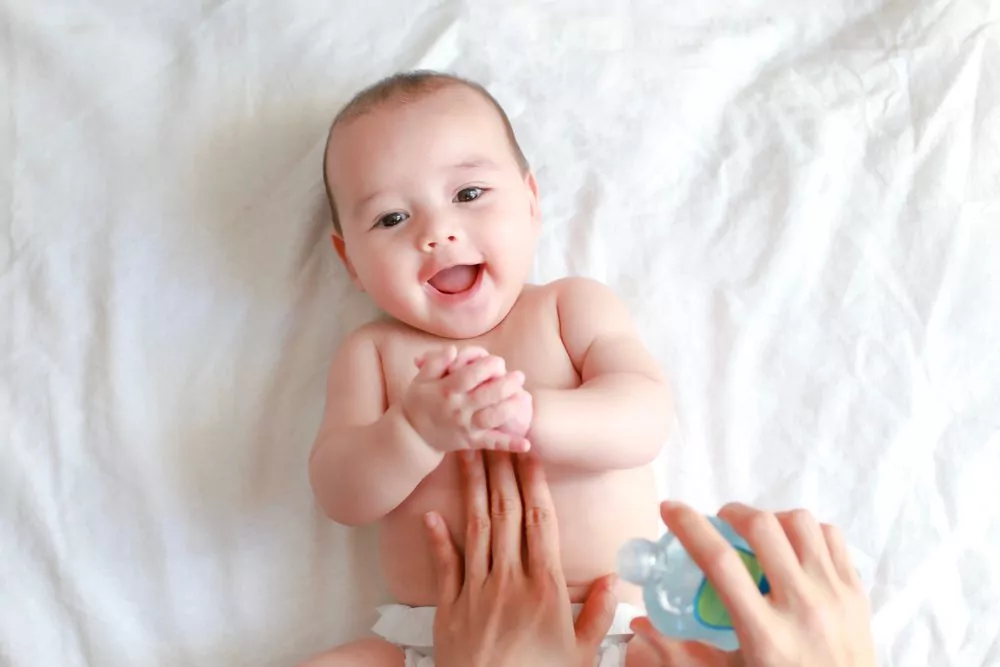In baby care, it’s essential to consider various criteria to ensure the well-being and safety of the infant. Some important criteria include:

- Health and Hygiene: Maintain proper hygiene practices, including washing hands before handling the baby, sterilizing feeding equipment, and keeping the baby’s environment clean to prevent infections.
- Feeding and Nutrition: Ensure the baby receives adequate nutrition through breastfeeding or formula feeding, following recommended feeding schedules, and introducing solid foods at the appropriate age.
- Sleep and Rest: Establish a safe sleep environment for the baby, following safe sleep guidelines to reduce the risk of Sudden Infant Death Syndrome (SIDS), and ensuring the baby gets enough sleep for their age.
- Safety and Childproofing: Babyproof the home by securing cabinets, covering electrical outlets, using safety gates, and keeping small objects out of reach to prevent accidents and injuries.
- Developmental Stimulation: Engage the baby in age-appropriate activities that stimulate their cognitive, physical, and social development, such as tummy time, interactive play, and reading to them.
- Bonding and Attachment: Foster a strong emotional bond with the baby through responsive caregiving, providing comfort and reassurance, and engaging in nurturing interactions that promote secure attachment.
- Healthcare and Immunizations: Schedule regular check-ups with a pediatrician, follow the recommended vaccination schedule, and seek medical attention promptly if the baby shows signs of illness or discomfort.
- Emotional Well-being: Pay attention to the baby’s emotional cues and respond sensitively to their needs, providing comfort, affection, and a supportive environment that promotes emotional security.
- Monitoring Development: Keep track of the baby’s developmental milestones and seek professional advice if there are any concerns about their growth, development, or behavior.
- Parental Self-care: Take care of your own physical and mental well-being, getting enough rest, seeking support from family and friends, and finding time for self-care activities to be better equipped to care for the baby.
By considering these criteria, caregivers can ensure comprehensive and nurturing care for infants, promoting their health, safety, and overall development.
Visited 17 times, 1 visit(s) today

